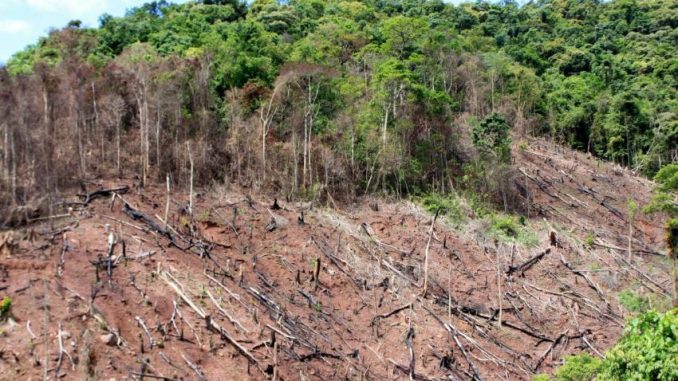
New Delhi: The government along with United Nations body FAO has launched an agriculture project with $33.5 million grant from Global Environment Facility (GEF) that seeks to bring transformative change in the farm sector through conservation of biodiversity and forest landscapes.
“The $33.5 million project is being funded by the GEF and implemented by the government of India (agriculture and environment ministries) and the Food and Agriculture Organization of the United Nations (FAO),” an official statement said.

Representational image. Reuters
The project aims to transform agricultural production to generate global environmental benefits by addressing biodiversity conservation, land degradation, climate change mitigation and sustainable forest management, it added.
Ashok Dalwai, CEO, National Rainfed Area Authority, Ministry of Agriculture has stressed the need for an alternative paradigm to current extractive methods of agricultural production systems.
He called for scientific research to focus on achieving greener landscapes along with efficient and effective resource use. He stressed that integrated farming requires the development of backward and forward linkages to harness the benefits of economies of scale.
Giving more details of the project, Konda Reddy, Assistant FAO Representative in India, presented the global conservation significance and the issues and the threats to landscapes. The project, to be implemented in five landscapes in Madhya Pradesh, Mizoram, Odisha, Rajasthan and Uttarakhand, strives to bring harmony between conservation and development efforts of the country.
Any effort to increase farmers income and food production should happen within the framework of sustainable management of natural resources to avoid further depletion of water tables, biodiversity and habitat for wild species, and land and soil degradation which have contributed to the environmental crisis facing India today, he added.
Source: Firstpost

Leave a Reply